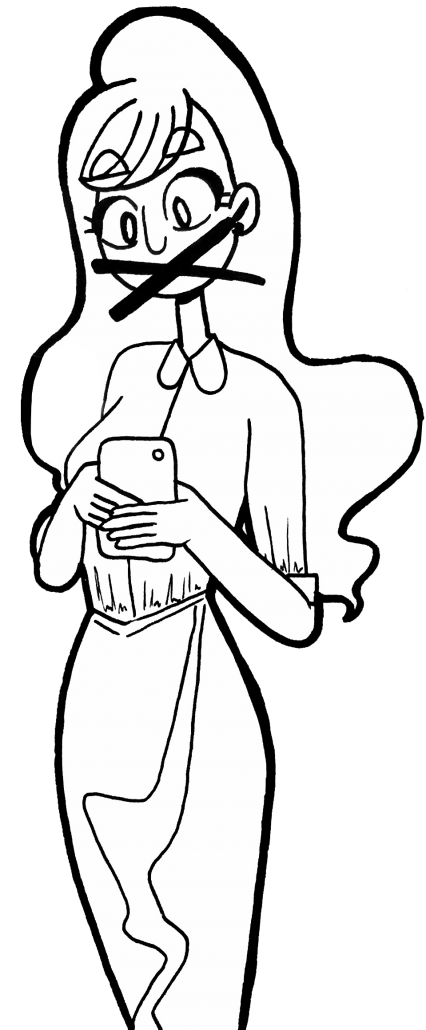Letter from the Editor
There’s a sense of doomsday in the air. It isn’t just discouraged — it’s near-apocalyptic. Rapid fires blazed up and down California last week, engulfing Napa and Sonoma counties in the north and Orange County just an hour away from campus. We’re expecting The Big Earthquake any day now. A campus shooting scare marked the beginning of the month.
It echoes a growing national feeling that the world we once knew is spinning out of control. The President suggested war with North Korea; Hurricane Maria devastated Puerto Rico, leaving the territory literally powerless. The largest mass shooting in modern American history gutted the heart of the nation.
Facing these challenges, we should be banding together on campus. Yet, it feels like we’re doing the opposite — we’re more divided than ever. Campus protest has become a major mechanism for American students to make their voices heard — for many, as a form of resistance against the Trump administration. Critics lambast the creation of ivory towers of narrow-minded thought, devoid of intellectual or ideological diversity. But students fight for safe spaces on campus and maintain that they should have license over the speakers they choose to legitimize.
It’s indicative of an ideological polarization that has grown so strong that people on either side of the aisle can’t even agree on their premises anymore. Extreme division has made it almost impossible to be a political person on campus, but for many, the moral imperative is too great not to.
With the Daily Trojan’s first-ever Opinion special issue, we hope to capture this political moment at a premier national educational institution, featuring voices from all over the political spectrum and with a variety of conflicting viewpoints about the world we live in. “Living apart, together” wonders how we came to be so divided in the first place. “A new kind of echo chamber” challenges the narrative of universities as liberal echo chambers, where like-minded students hear only their own voices. “Overdosed on activism” wonders whether activist culture on college campuses is productive anymore. “Devil’s advocate” tears into that guy — the maverick in class who takes on a contrarian viewpoint for the sake of argument, to everyone’s chagrin. “A digital disconnect” worries about whether our online interactions further entrench the polarization that we see in person. And “When apathy is a moral disgrace” questions whether having and sharing political opinions is now a requirement of being a good, decent person.
Through these conversations, we hope to better understand the way we talk to each other — and acknowledge how we can improve our political discourse. We live in troubled times, and America may be more broken now than ever before. But we’re today’s college students, and tomorrow’s leaders, so it’s on us to figure out how to fix it.

